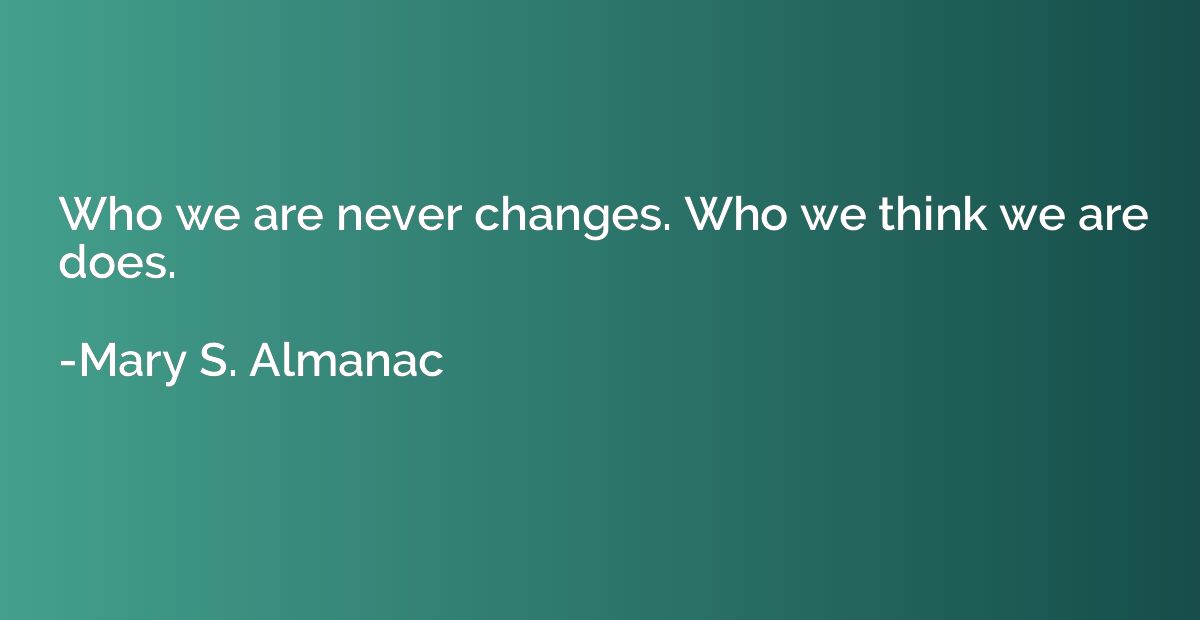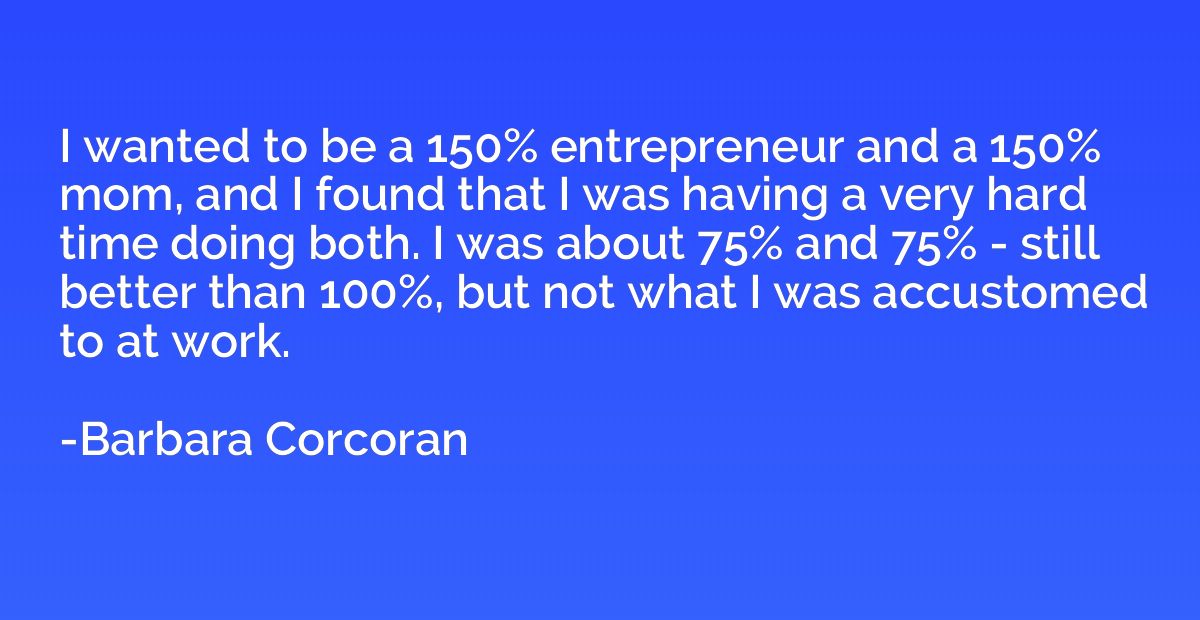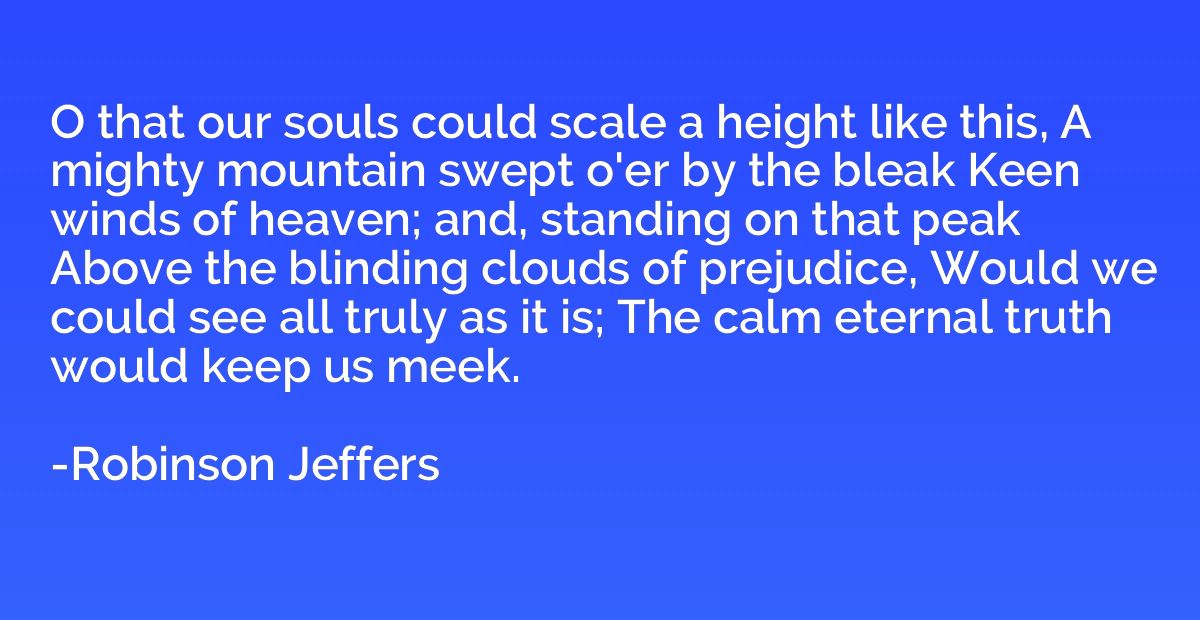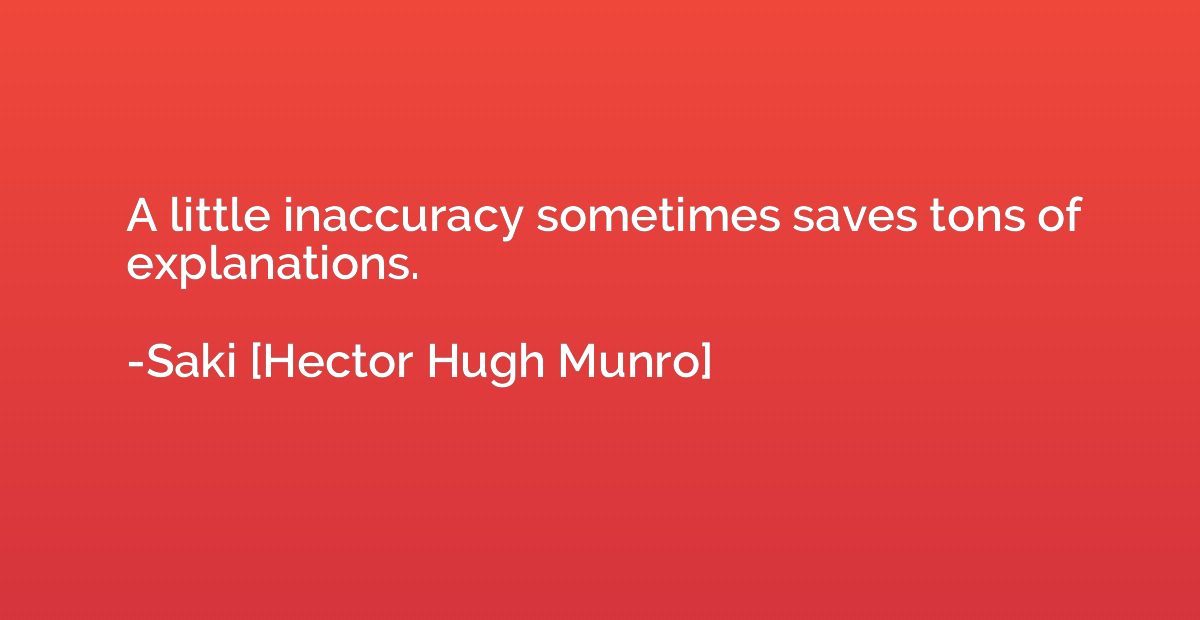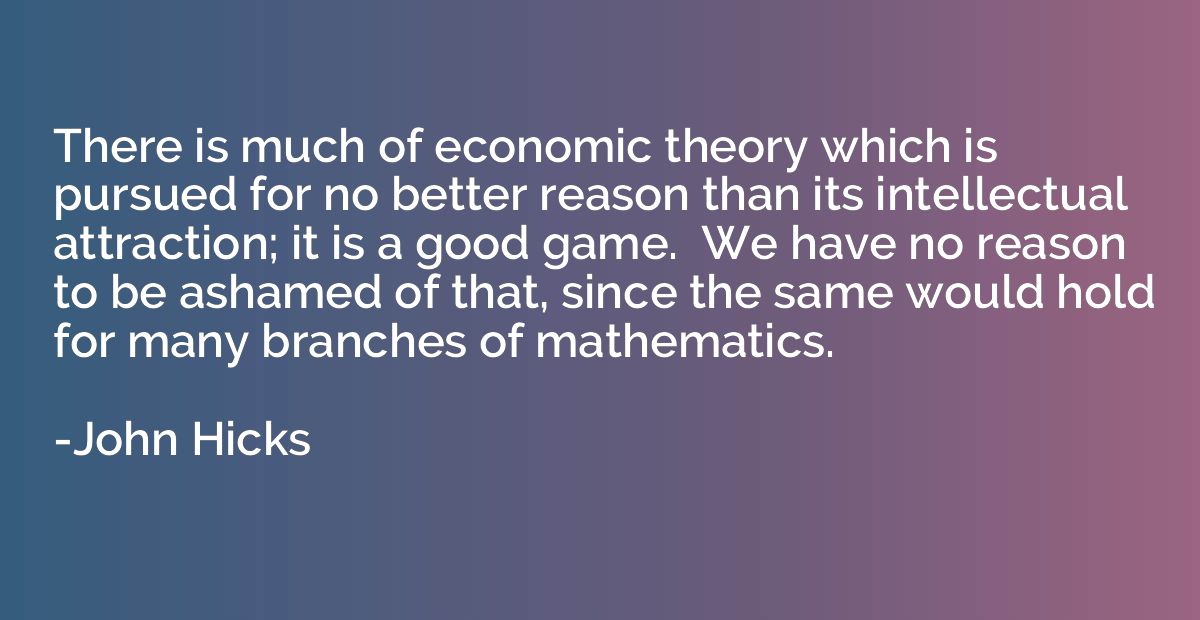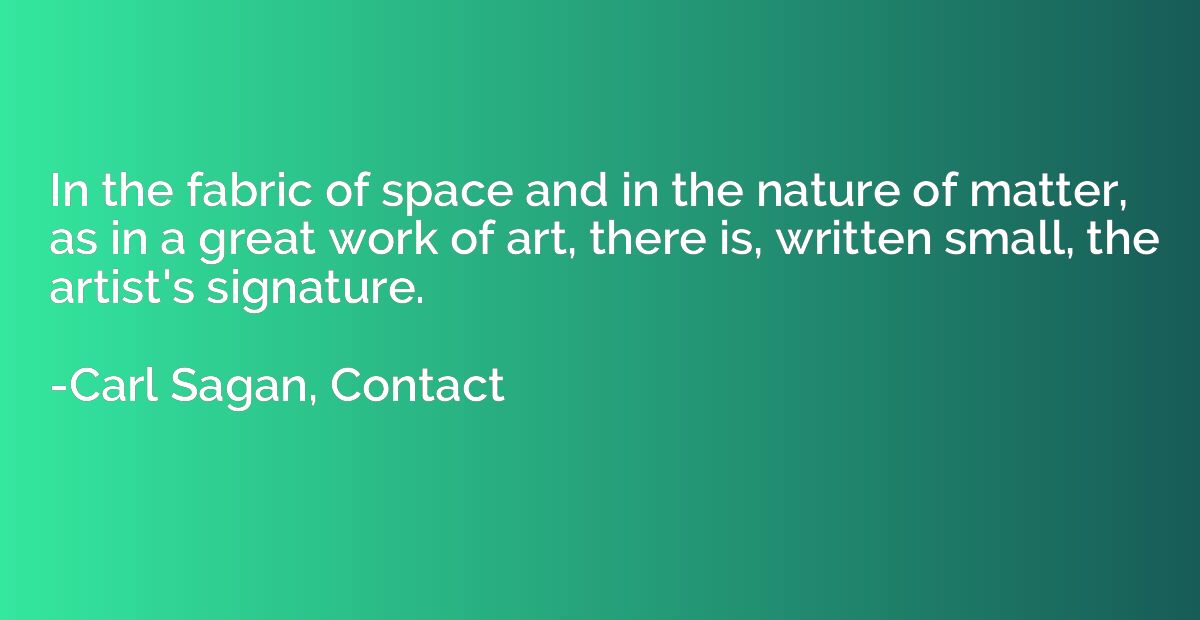Summary
This quote suggests that our true essence, our core being, remains constant throughout our lives. However, our perception of ourselves, our beliefs, and the way we see our own identity are subject to change. It emphasizes the idea that our thoughts and perspectives continuously evolve, shaping the way we perceive and define ourselves. It implies that our self-concept is malleable and can be influenced by various external factors and personal growth experiences. Essentially, this quote highlights the distinction between our unchanging nature and the fluidity of our self-perception.
